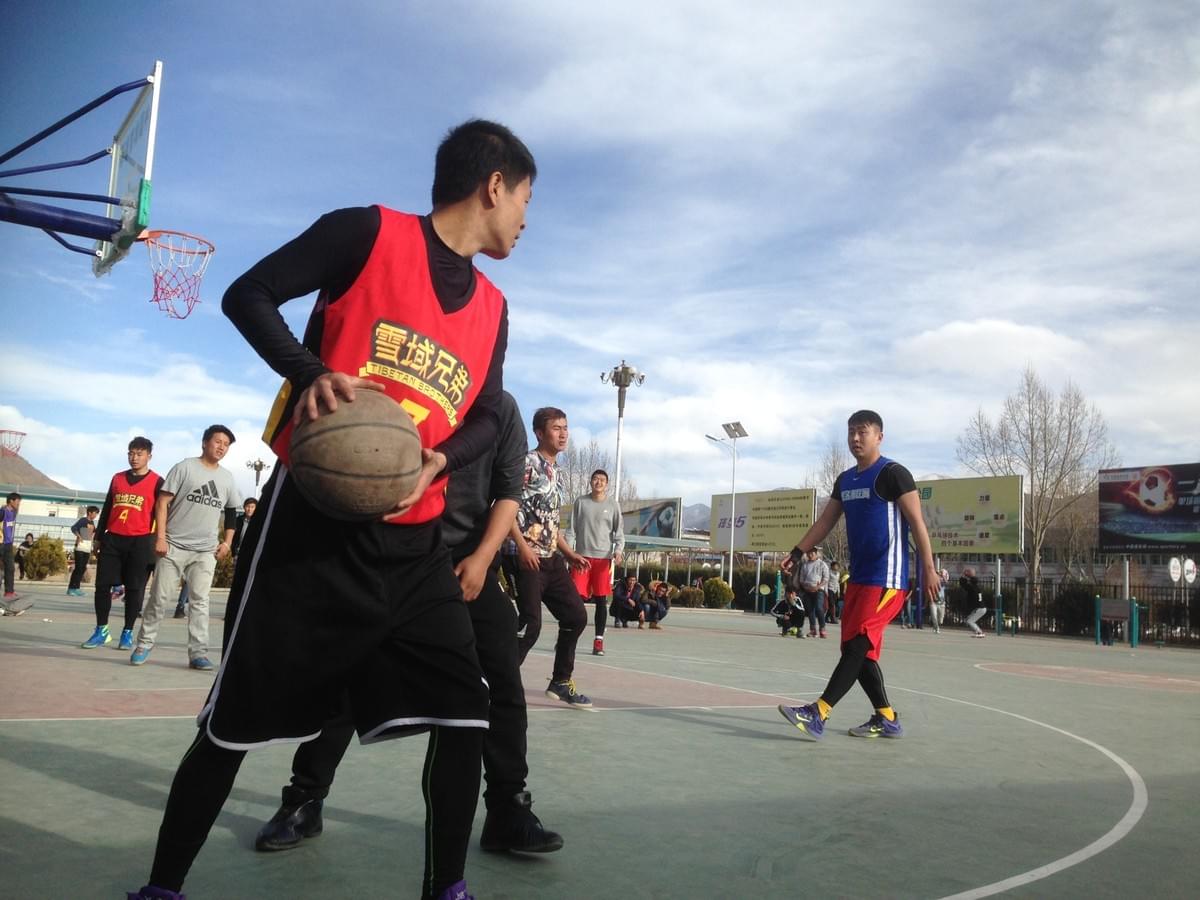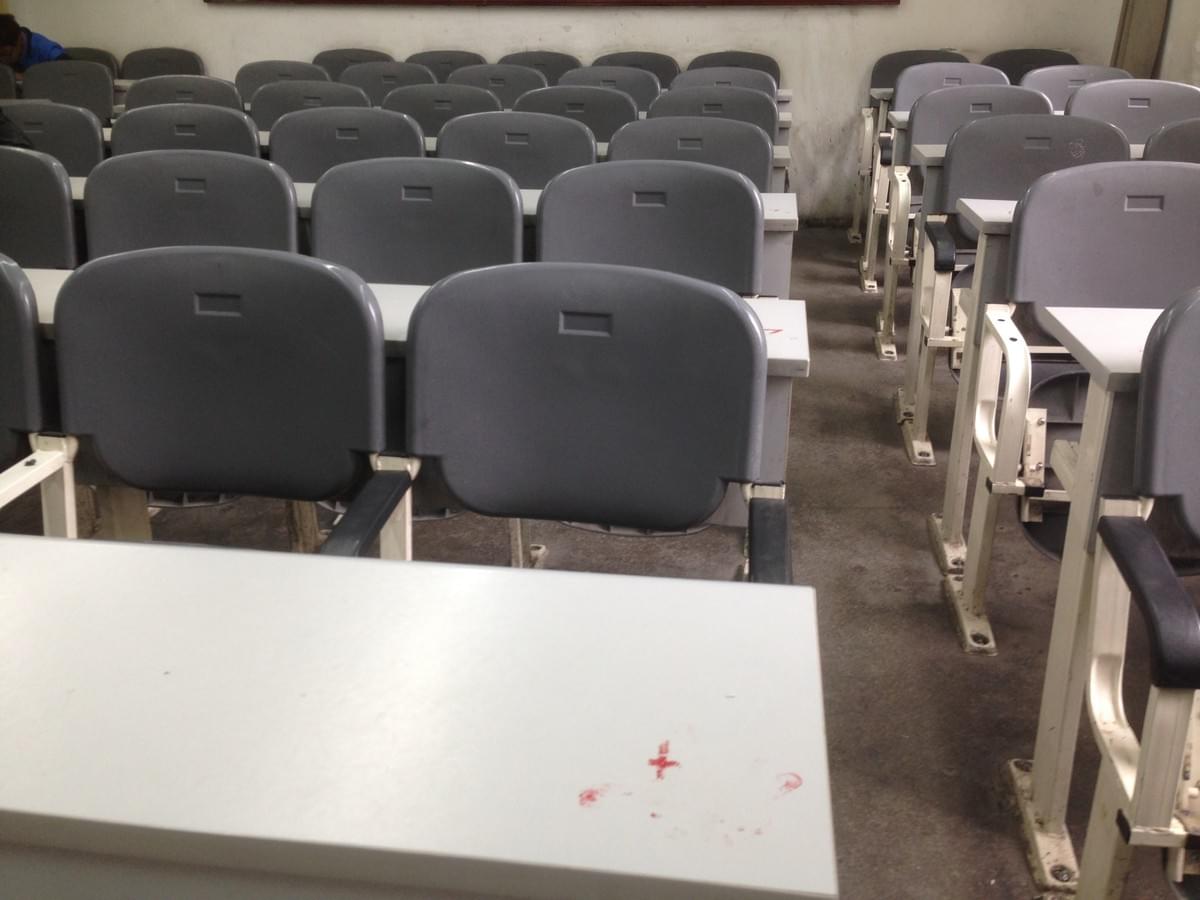Just try changing class time an hour before in the US or Canada I dare you.
Although I have been teaching in different parts of China I often feel like I am learning a lot about Britain. If you haven't experienced English teaching in Asia there is a heavy slant toward the Queen's English as compared to good ole' American English. However the slant towards the UK doesn't stop with the way they say, "aluminum."
China and India both have a system of class monitors which makes life of teacher just a little bit easier.
What is a class monitor?
A class monitor is a position elected by the rest of the class or a head teacher (also something we don't have in the US). This person has multiple responsibilities on top of their studies. In the UK system they are usually called the "Head Boy" or "Head Girl." In the UK these additional responsibilities include giving speeches, representing their classroom in events and overall being a role model for the rest of their class to follow. Some notable Head Boys and Girls have a varied list including Margarat Thatcher, J.K. Rowlings and everyone's second favorite Dr. Who, Matt Smith. (And of course David Tennant is the best doctor!)

http://www.denofgeek.com/television/1253848/doctor_who_a_celebration_of_david_tennant.html
While they are not called head boys and girls in China and India, the class monitor is a very similar position. As this blog title notes, we will only focus on the Chinese position in universities. Now, to start out, there not is just one "monitor." Oh no,there are far more. They have a monitor for almost every aspect of their student life. So without further ado here is my breakdown of university class monitors in China:
To start out you have to understand that students stay together throughout the entire four years of their undergrad life. So they get to know each other pretty well. Okay, they know each other really well.
Needless to say, classroom dynamics are quite different in a Chinese university class as compared to an American university class. Sometimes it has more of a similar feel to your jr. high school home room class. Because of these dynamics you have to be more mindful of relationships within the class and how the class culture as a whole works. And this class culture varies quite a bit from class to class.
But now we get to the main point. Within in these classes they have a structure of leadership. Each university class has 4 or more class monitors. Each monitor has their own responsibilities and duties. Below is my translation of each position. The number of positions depend on how the head teacher wants to organize their class, but all classes have the following:
The Class Monitor
Study Monitor
Behavior Monitor
League Secretary
The Breakdown of each position:
The Class Monitor - [班长 bānzhǎng] This is the head of the class, the president, el hefe, el patron, the leader and the go to guy or girl. As mentioned before this position was called the Head Boy or Head Girl in the UK. The responsibilities the class monitor include, but are not limited to, doing whatever the head teacher asks, handling all the money, attendance, organizing of all meetings, speaking for the class and organizing whatever the school needs of the students. Often this position is picked by the head teacher in university and fellow classmates in primary and secondary school. This and the League secretary are the most sure fire way to rise among the ranks in the communist party in the future.
There is actually a documentary of this process in elementary schools in Wuhan, China where 3 third graders vie for their classmates vote.
The Study Monitor- [学习委员 xuéxí wěiyuán] This position makes sure students know their assignments, helps the teacher, takes attendance (when the class monitor doesn't), takes care of the keys for classrooms and is generally the person to go to when it has to do with actual school work and homework as opposed to policies other school functions.
Behavior Monitor- [纪律委员 jìlǜ wěiyuán] The student in charge of making sure the rest of the class behaves and reporting thus said behavior to the head teacher.
League Secretary - [团支书 tuán zhīshū] This position is one of the most advantageous for students who want to improve their standing with not as much work as a Class Monitor or a Study Monitor. This position is in charge of disseminating Communist Party information to the class.
Other positions often held in a Chinese university classroom:
The Vice Class Monitor- [副班 fù bān] The vice monitor cleans up what the monitor needs help with. Basically if the Monitor is too busy to handle it, whatever it is, gets passed on to the vice monitor.
Organization or Party Monitor- [文艺委员 wényì wěiyuán] If there is any party, production, performance or ceremony this is the person who is responsible to organize their class. They find the dancers, singers, and speakers and make sure everything runs smoothly. They are also responsible for smaller class parties and all the organization that those entail.

Sports Monitor-[体育委员 tǐyù wěiyuán] This position is often the boy in class who is the best athlete. Not always however. This person's job is to organize teams for the many sporting events including basketball, volleyball, pingpong and other tournaments. Also they are in charge of getting participants in the annual sports days where all the departments compete against each other in track and field events.

Cleaning Monitor-[卫生委员 wèishēng wěiyuán] Yep, just what you thought: they are in charge of making sure the classrooms and dorm rooms are clean.
Blackboard Decorator- [宣传委员 xuānchuán wěiyuán] Usually an artistic student who is in charge of decorating the blackboard. The designs are changed usually around once a month, depending on the event, holiday or if there is something that the school or governments wants to communicate to the students.

Each head teacher [班主任 bānzhǔrèn] get to organize their classroom the way they want. A little explanation, a head teacher is not the students actual teacher but the teacher who is responsible for the class and their performance. A teacher at the university can choose to be a head teacher because it looks better in the future when they want to be promoted to associate professor or a full time professor. The class is organized as the head teacher sees fit but there is a fair bit of democratic voting that goes on picking certain positions. Also, positions can be changed for one reason or another.
Practical Application:
So what does this all mean? Well several things.
1. Making changes is easy.
When changing things, or trying to organize a class party or event you don't have to call every single student. In fact you only have to call one student. More often than not that is the class monitor. They will then either tell someone else to do it or tell the whole class. Classrooms in China work more like the organization of a business or government than how we view the classroom in the US or Canada.
2. If you are having trouble with a student there is usually someone who can help.
If you have a student who keeps skipping your class, or doesn't do his or her homework a quick call to either the study monitor, behavior monitor or even the head teacher usually gets the job done.
3. There is always someone watching and recording.
For better or worse there is always someone students can report to. Students are watching and reporting other students, students are watching and reporting about themselves and students are watching and reporting about the teacher. There are many systems of checks and balances. So, if you yelled at your class, or cried in your class, you can almost guarantee the head teacher knows about it.
4. There is a lot of help.
Because of this top down system, if the students don't know how to help they will usually know who to ask to get help. Whether that help be computer problems, class room scheduling or just knowing how to solve the inevitable problems that will come up the monitors are your best resource.
As you work and live in countries and cultures other than your own it pays to get to know the systems in place. And although sometimes you may prefer the systems in your home country, there are some amazing systems all over the world that work really well, We just have to have to have the eyes and ears to notice them and keep asking questions.